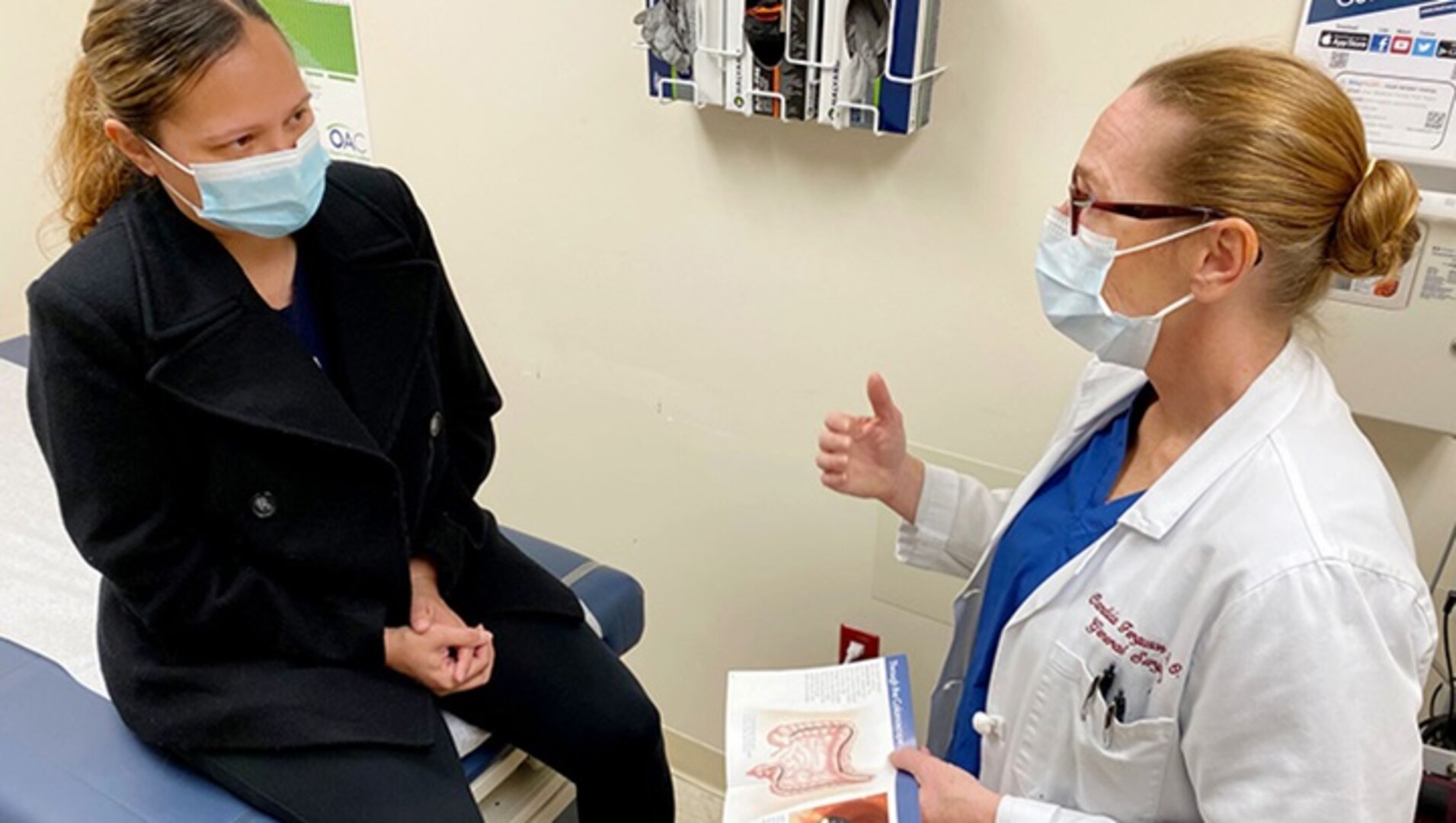
Screening for colon and rectal health isn’t just about age—it’s about timing, family history, and early warning signs. Many serious gastrointestinal conditions begin silently, with only vague symptoms that are easy to ignore or misread.
Why age 45 became the new benchmark for screening
For years, routine colorectal screening began at age 50. But rising cases in younger populations shifted that threshold. Now, major guidelines recommend starting at 45—even earlier with risk factors. Colorectal cancer is no longer just a disease of the elderly. In Türkiye, recent studies echo this trend, especially in urban populations with sedentary habits. Starting earlier means catching disease before it causes harm.
Family history means starting earlier and screening more often
If a first-degree relative had colorectal cancer or advanced polyps, screening must begin earlier—typically 10 years before their diagnosis age. So if a parent was diagnosed at 48, screening should start by 38. In families with multiple cases, genetic syndromes like Lynch or FAP (familial adenomatous polyposis) may be involved. Family history changes everything—it turns routine screening into urgent prevention.
Blood in stool is never ‘normal’ and demands immediate testing
Even a single episode of blood in stool requires attention. Bright red blood may suggest hemorrhoids or fissures. Dark or tarry stools may point to bleeding higher in the colon. In some cases, polyps or early-stage cancers cause intermittent bleeding. Waiting to see if it stops can delay diagnosis. When blood appears—even once—it’s time to screen.
Chronic constipation or diarrhea often hides deeper issues
Bowel habits naturally vary, but significant changes lasting over three weeks shouldn’t be brushed off. Chronic diarrhea might result from inflammation or malabsorption. Constipation could reflect slow motility—or a blockage. If symptoms come with weight loss, fatigue, or abdominal pain, a colonoscopy helps rule out serious concerns. Functional symptoms still need structural clarity.
Abdominal pain near the lower left side signals possible risk
Persistent pain in the lower left abdomen—especially with fever or altered stools—can indicate diverticulitis. Recurrent bouts may damage the colon’s lining. In rare cases, chronic inflammation can mask or mimic early cancers. In Türkiye, diet shifts and reduced fiber intake increase diverticular cases among middle-aged adults. Localized pain with bowel changes always deserves a deeper look.
Iron-deficiency anemia in adults without explanation points to bleeding
In postmenopausal women or adult men, iron-deficiency anemia without a clear cause must prompt colon investigation. Slow, hidden blood loss in the colon often shows up first as low iron. Routine blood work might flag the anemia before any visible symptoms. If there’s no bleeding from stomach ulcers, the colon becomes the next place we search.
Rectal discomfort, urgency, or incomplete emptying may signal rectal pathology
Hemorrhoids are common, but persistent rectal pressure, mucous discharge, or tenesmus—the feeling of needing to defecate even after going—may suggest tumors near the rectum. Flexible sigmoidoscopy or full colonoscopy helps assess the distal colon and rectal vault. New discomfort or changes in defecation pattern must never be ignored.
Obesity, smoking, and sedentary lifestyle all increase the risk silently
Lifestyle habits play a large role in colorectal health. Diets low in fiber and high in red meat increase risk. So does long-term inactivity or tobacco use. In Türkiye, rising obesity rates among youth and adults have become a silent trigger. Even without symptoms, individuals with poor lifestyle markers should consider earlier or more frequent screening. Prevention isn’t only for the sick—it’s for the statistically vulnerable.
A normal colonoscopy doesn’t mean never again—it means stay on schedule
If your colonoscopy is clear, that’s excellent—but it doesn’t mean stop. Standard intervals (10 years if normal, 5 years with polyps) must be followed. Skipping the next screen because “the last one was fine” is a common mistake. Polyps can develop silently within years. Colon health needs ongoing checkpoints, not one-time clearance.
When no one tells you when to start—ask yourself the right questions
Do you have occasional blood in stool? Have you noticed thinner stools than usual? Have your habits changed suddenly? Is there a history of colon disease in your family? If yes to any, screening should not wait. Even without symptoms, turning 45 is the right time to take the first proactive step.
